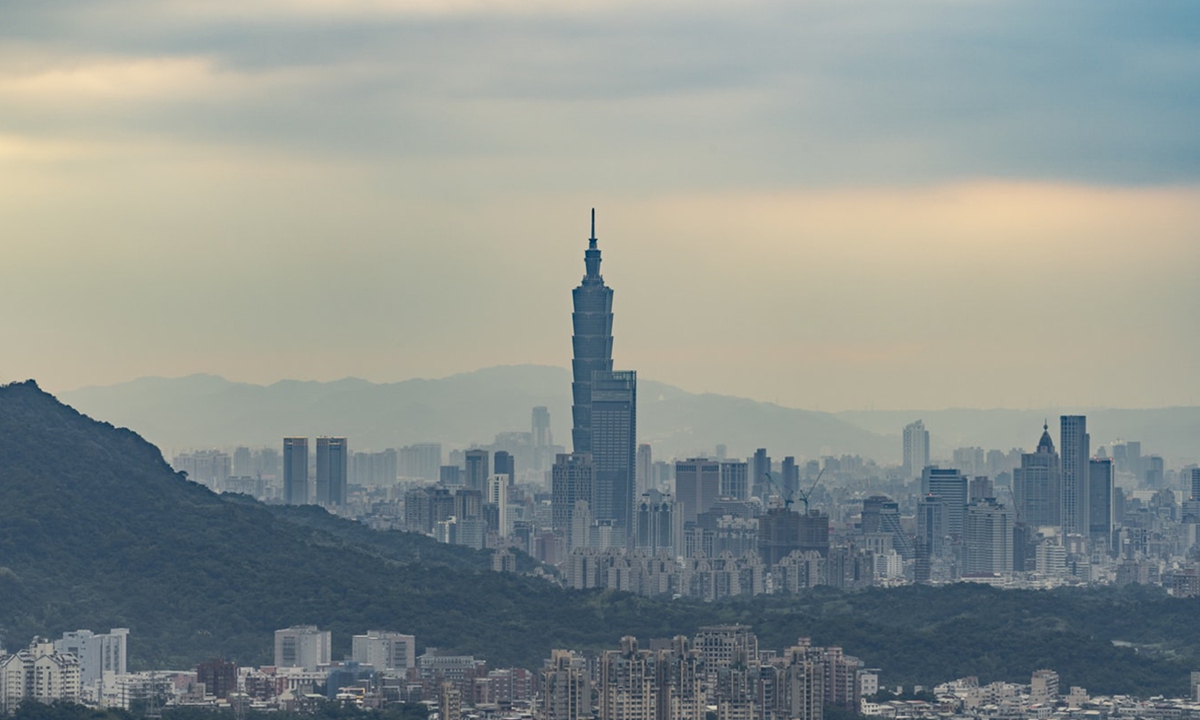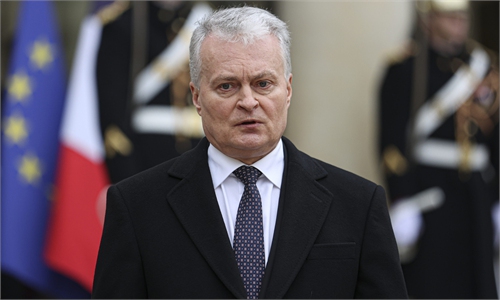Any outpost interfering in Taiwan question will be the PLA’s target: Global Times editorial

Taiwan Photo: Unsplash
Foreign and defense ministers of the US and Japan held a virtual 2+2 meeting on Friday. They hyped the so-called threat from China and declared that "they resolved to work together to deter and, if necessary, respond to destabilizing activities in the region." Their joint statement reiterated that the US-Japan Treaty of Mutual Cooperation and Security "applies to" the Diaoyu Islands, and also mentioned questions related to Taiwan, Xinjiang, Hong Kong, the East China Sea and the South China Sea, almost repeating all the anti-China clichés. The US-Japan 2+2 meeting is not only lip service. The two countries have conspired to take some direct actions against China, which is a threat to regional security.
Japanese media previously reported that the US and Japan have drawn up a "plan for a joint operation" should an emergency occur in the Taiwan Straits, and the US Marine Corps will set up temporary offensive military bases on the southwestern islands of Japan. The plan is said to be a key topic of the 2+2 meeting this time. However, neither US nor Japanese officials have confirmed this, seemingly to maintain "strategic ambiguity." But it is a clear fact that the US and Japan have recently continued to strengthen defense cooperation and their military deployments have been moving closer to Taiwan.
We would like to say a few words to Japan in particular. Japan has handed over its land to the US military as an outpost for intervention in the Taiwan Straits. This is equivalent to sending a target to the People's Liberation Army. Japan's strategic depth is extremely small, and any military target can easily be locked. If the Japanese Self-Defense Forces participate directly, then they will inevitably face more serious consequences. We do not know whether Tokyo really understands what a dangerous thing it is doing with Washington now. Public opinion has noticed that during the 2+2 meeting, neither Japanese Foreign Minister Yoshimasa Hayashi nor Japanese Defense Minister Nobuo Kishi mentioned China in their speeches. Hopefully Japan is not just making a gesture, but will also stay cautious and restraint in real actions.
From the bottom of their hearts, the US and Japan do not want to see China's reunification. They have always tried their best to set up obstacles, but their energy has been diminishing as China becomes strong rapidly. The power balance between the two sides of the Taiwan Straits is irreversibly developing in a direction that is more beneficial to the mainland. To balance this momentum to the greatest extent, the US and Japan have repeatedly increased investment and escalated threats. This in turn has become an external cause of aggravating tensions in the Taiwan Straits and endangered regional peace and stability.
The US and Japan have repeatedly emphasized the "importance of peace and stability" across the Taiwan Straits, and have claimed to "encourage the peaceful resolution" of cross-Straits issues. This is a huge irony. The Chinese mainland has always done its best to strive for the prospect of peaceful reunification with the utmost sincerity. However, the Democratic Progressive Party (DPP) authority of Taiwan has desperately repealed, resisted and destroyed it. The DPP authority is conceiving of a ghost baby of "secessionism." US politicians have tried their best to prevent this ghost from having a miscarriage, giving it an intravenous drip from time to time, trying to maintain its life-saving nutrition.
However, as long as the DPP authority still wants to seek "secession" and Taiwan secessionist forces are still ready to move, the Chinese mainland will not renounce the last resort of reunification by force. This is also the steel ceiling to curb "Taiwan secessionists" from taking chances. Now, the US has brought along Japan, Australia and other followers, trying to drill a hole in this ceiling to let the DPP authority breathe. They want to use a glimmer of hope to tempt the DPP authority to continue to act as a strategic pawn. However, every time the US and Japan emboldens the DPP authority and Taiwan secessionists, the mainland will double their risks. It will not take many rounds to crush Taiwan secessionists and drag down external intervention forces.
The US and its allies think that by using diplomatic rhetoric and tricks to differentiate and rope in others, they can benefit from the Taiwan question. But facts will eventually prove that this will only backfire. The Taiwan Straits is not a place where the US and its allies can craft a publicity stunt. The deeper they are involved, the greater the price they will pay in the end.

